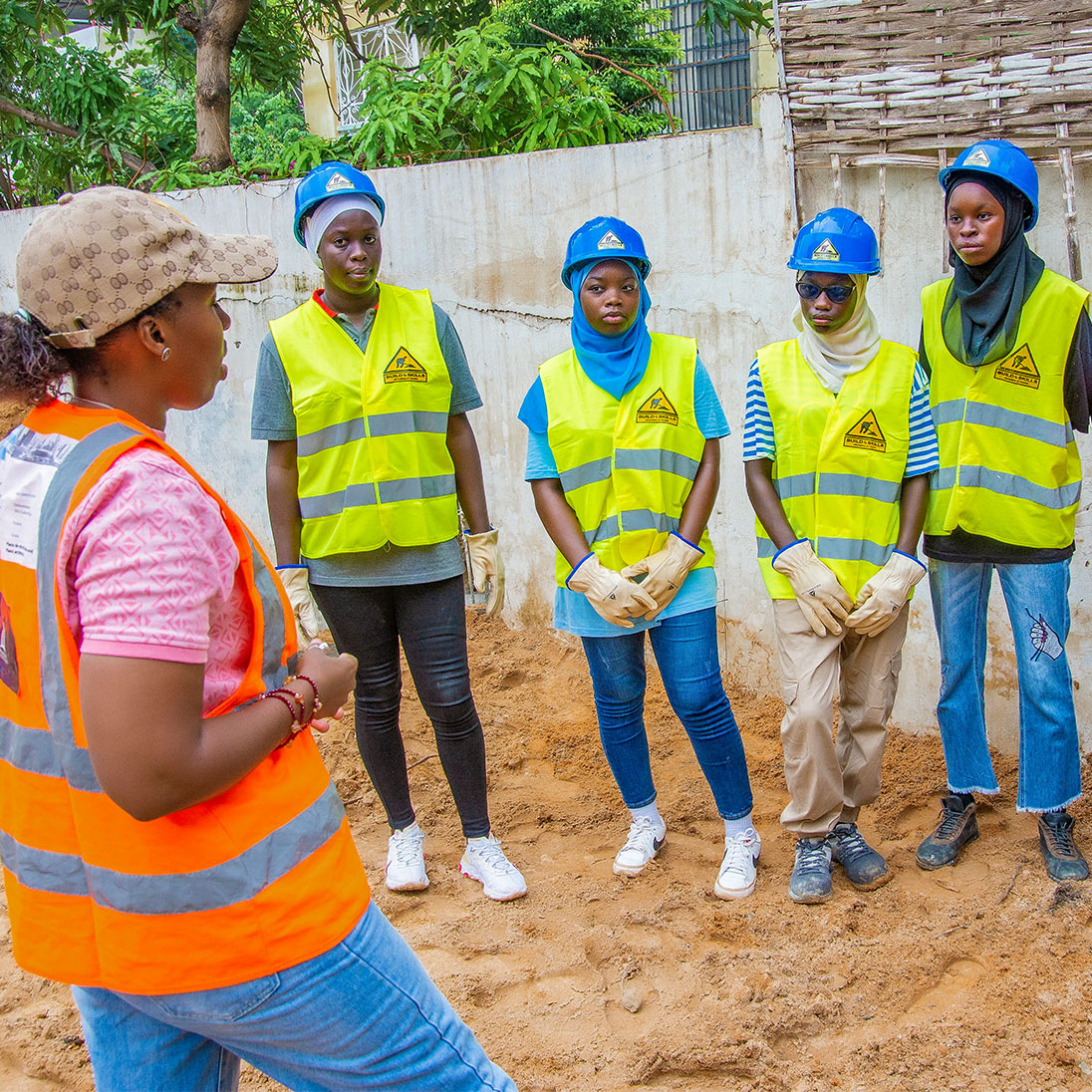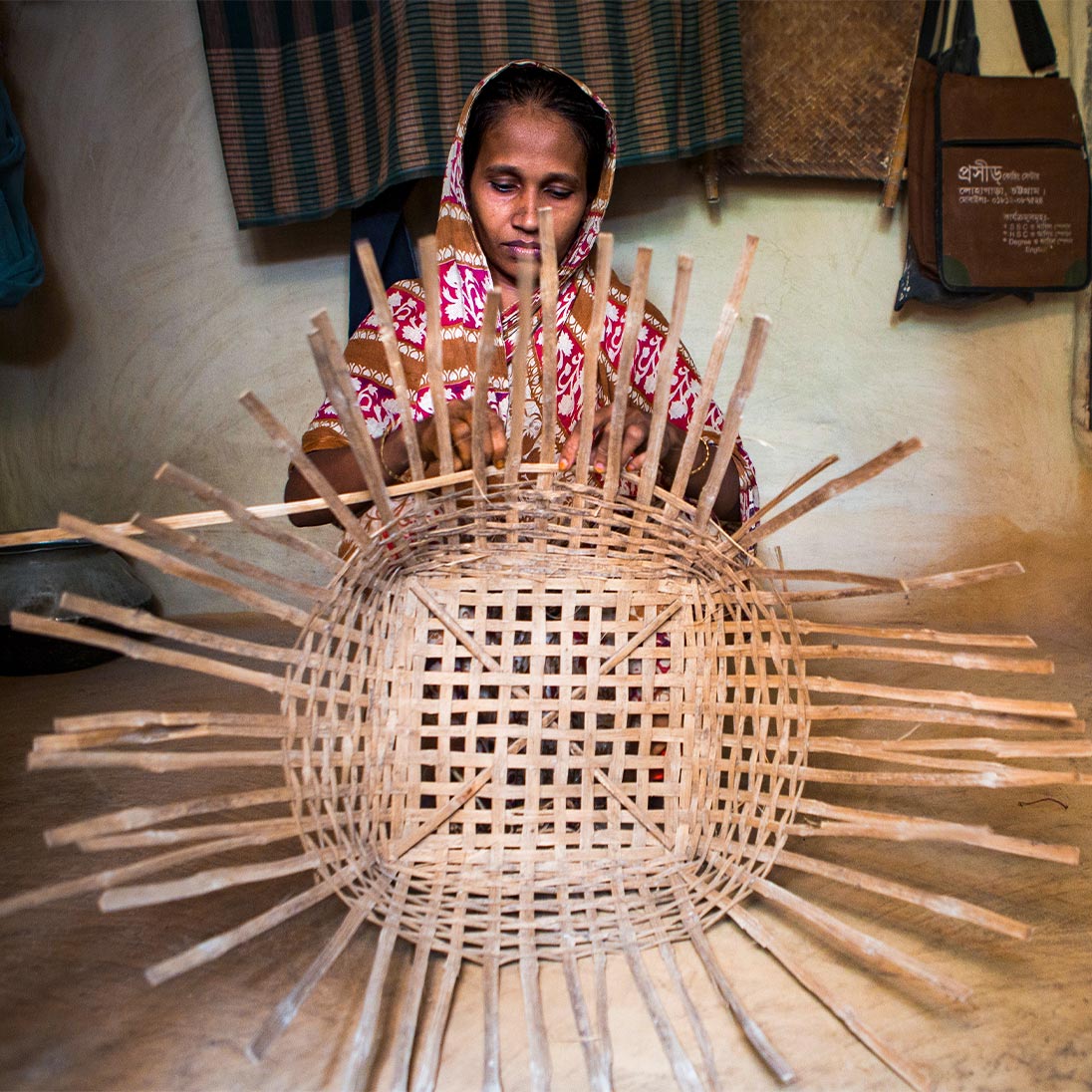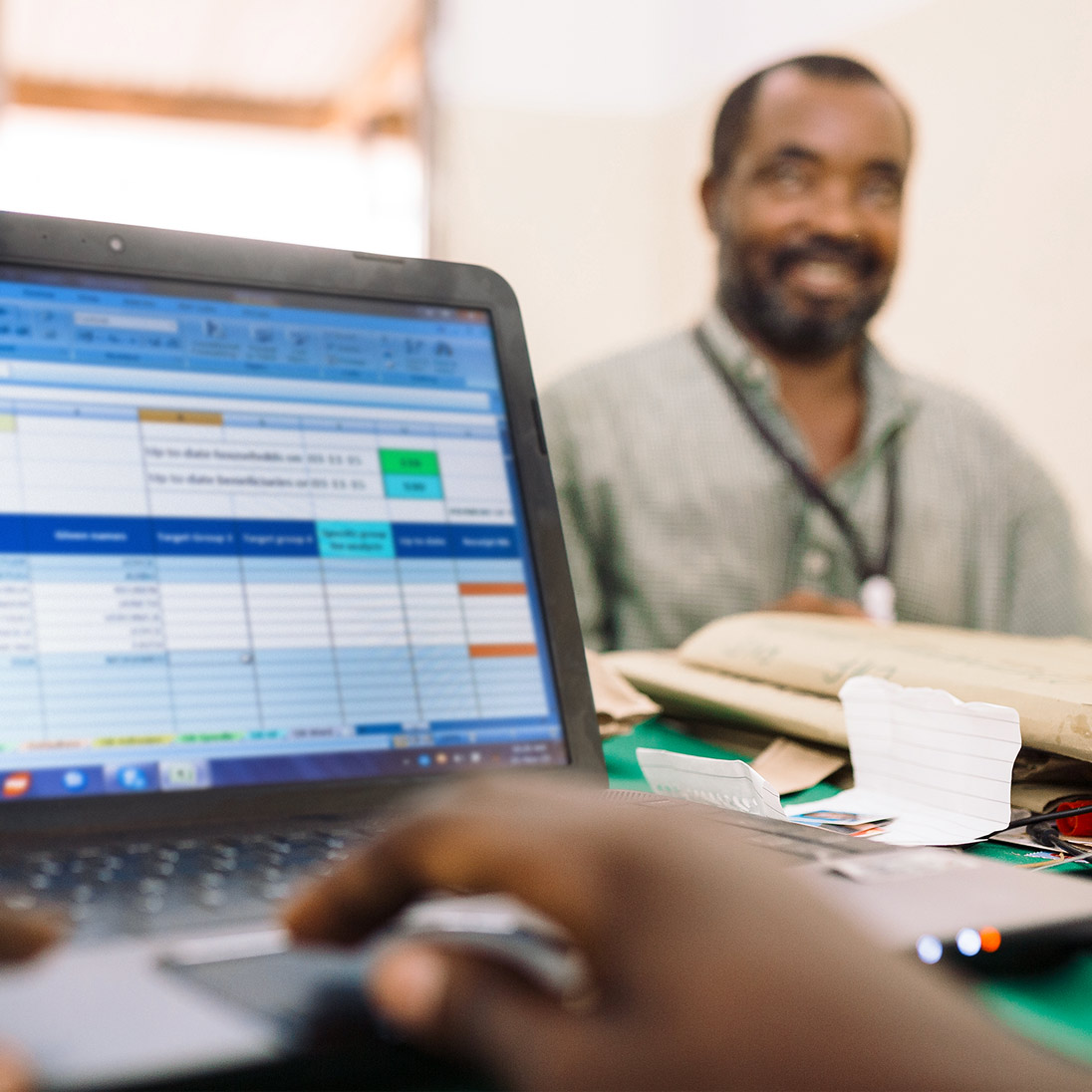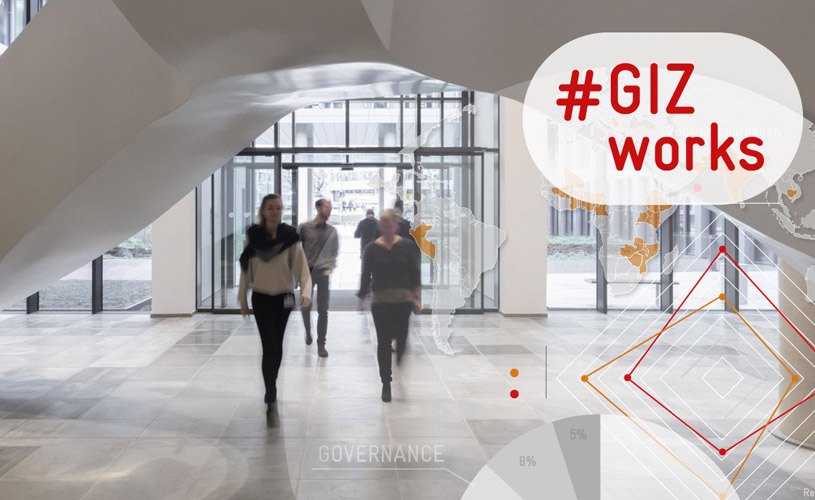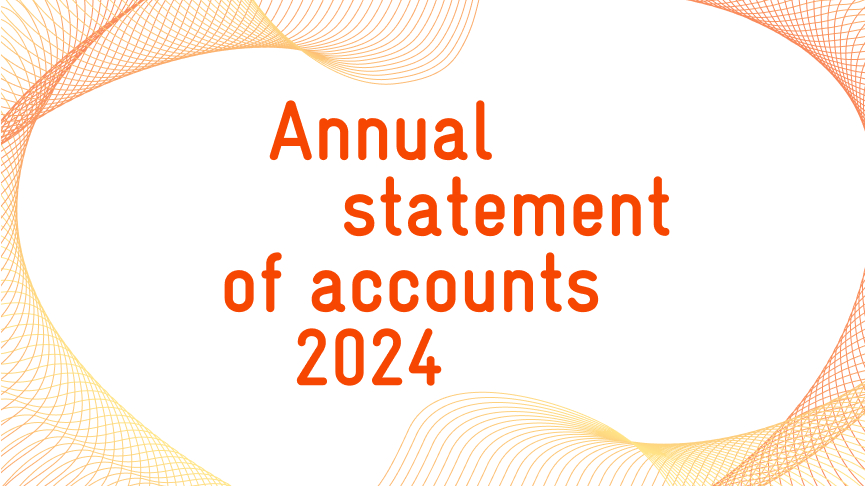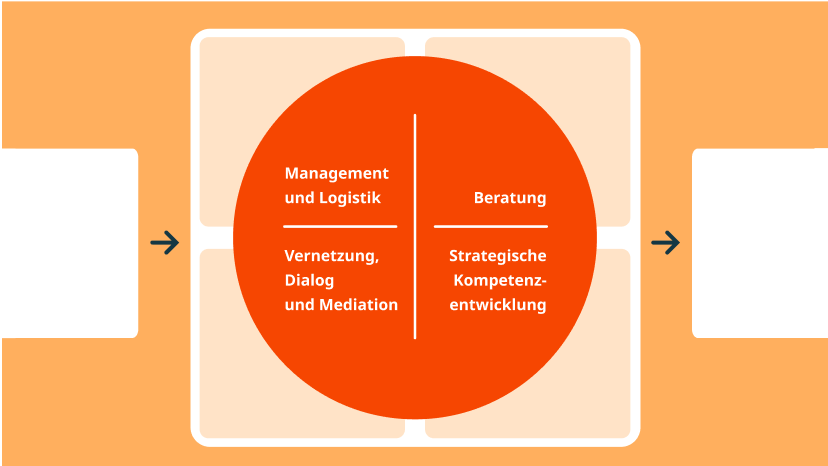Cookie settings
GIZ analyzes the use of its websites completely anonymously in order to improve them.
Details on data storage
Here you can find out more about the cookies on this site. You can use the checkboxes to decide which cookies you accept. However, you cannot deselect necessary cookies.
| Name of the cookie | Function | Storage period |
|---|---|---|
| dd_cookie_consent_choices | Saves the status of your consent or rejection of the use of cookies | 12 months |
| dd_cookie_consent_status | Saves the status of your consent or rejection of the use of cookies | 12 months |
| Name of the cookie | Function | Storage period |
|---|---|---|
| et_allow_cookies | etracker / Tracking cookie |
"No cookies" - 50 years
"Necessary cookies" - 480 days |
| _et_coid | etracker / Tracking cookie | 24 months |
| BT_ctst | etracker / Tracking cookie | Until the end of the browser session |
| BT_pdc | etracker / Tracking cookie | 12 months |
| BT_sdc | etracker / Tracking cookie | Until the end of the browser session |
| isSdEnabled | etracker / Tracking cookie | 24 hours |
| _et_coid | Tracking cookie (www.etracker.de) | 24 months |
Click OK to confirm the default cookie settings. If you do not agree with the completely anonymized storage and evaluation of the data, you can object to the storage now by clicking on the check mark or later under Cookie settings. However, you cannot deselect necessary cookies.
